 |
|
| Despite the government’s efforts to decrease the use of disposable take-out cups at coffee shops, the amount has been increasing, according to the Ministry of Environment. By Park Sang-moon |
“I didn’t want to bother packing stuff and have to go home and clean up afterward on weekends,” explained Song, who said she and her husband are working parents.
“I know we are creating a lot of rubbish from using disposable products but we don’t do this everyday,” said Song. “And I believe disposable products were invented for these kinds of situations and for mothers like me, for convenience and situations where you can’t really bring all the plates from home.
“I know you can always bring picnic baskets and use plates and utensils from home but that means I have to do dishes when I get home. Oh, I don’t want to do that on Saturday. I already feel tired thinking about cleaning up after my kids’ wet towels and swimsuits.”
A young couple next to Song’s family brought their own little picnic basket and was drinking a glass of wine from a plastic wine glass.
“We purchased this from Costco. It’s not that expensive and we don’t have to worry about breaking it. It’s plastic and it’s disposable,” said Kim Jin-joo, 24, from Seoul, who often buys plastic wine glasses for such outings. “Isn’t it clever?”
When Song’s kids had enough hours in the water and their stomachs were full, they gathered all their leftovers and disposables in a supermarket plastic bag that they brought the food in and chucked it in a bin at the park and left for home empty-handed. They even left behind an aluminum foil mat they bought from a convenience store at the park to sit on that day.
When this reporter, who was watching them from a distance, ran up to remind them in case they had forgotten it, Song replied, “Oh, we meant to throw it away. We don’t really need it anymore. We don’t really do picnics.”
A few years ago, the Korean government passed a law allowing supermarkets, coffee shops and fast-food franchises to charge consumers between 20 won and 100 won for plastic bags and take-out cups. Because many shop owners were reluctant to follow the law, the government allowed “bong-parazzi” to take photos of supermarkets that give out plastic bags, or “bongji” in Korean without receiving the “environment protection cost.”
However, the bong-parazzi’s rewards were scrapped due to a lack of budget. Some supermarkets still receive the “environment protection cost” for plastic bags, while some don’t, depending on the local governments, the Ministry of Environment said.
“To encourage the use of shopping baskets, which are brought by the customers from home, we scrapped charging for plastic bags at large supermarkets since Feb. 1, 2012,” said an official from the Ministry of Environment.
 |
|
| Korea Broadcast Advertising Corp.’s public advertisements, which are in poster formats calling for the need to decrease the use of disposable products, are seen in subways and on buses. Provided by Kobaco |




